Mark Zuckerberg Has More Than Pete Buttigieg’s Ear
While other candidates criticize Big Tech, Buttigieg reaps its benefits.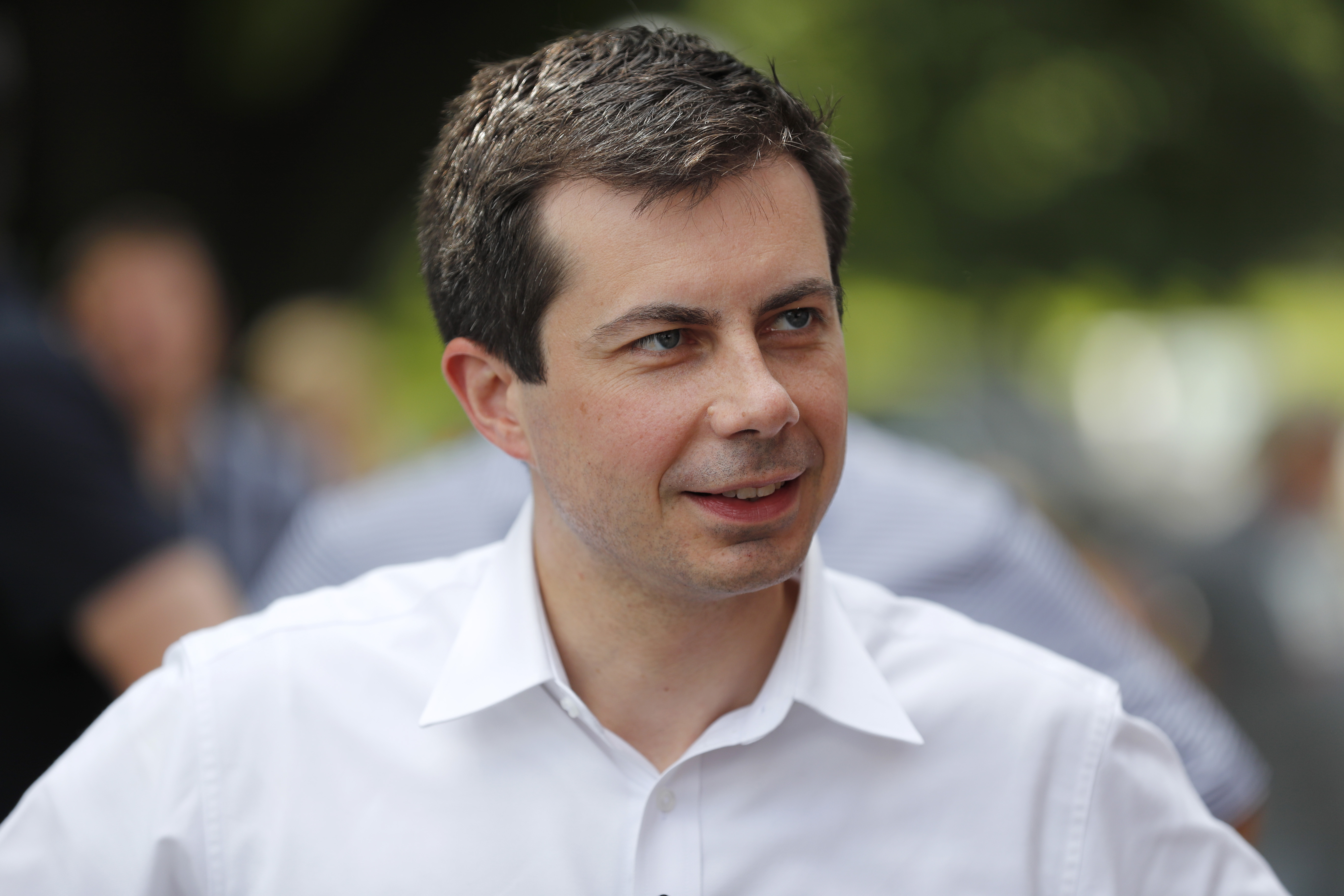 Democratic presidential candidate South Bend, Ind., Mayor Pete Buttigieg in Iowa in July. (Charlie Neibergal l/ AP)
Democratic presidential candidate South Bend, Ind., Mayor Pete Buttigieg in Iowa in July. (Charlie Neibergal l/ AP)
In 2016, Mark Zuckerberg toured America. The cross-country trip was, as BuzzFeed’s Alex Kantrowitz described, “a charm offensive and a focus group.” Zuckerberg visited factories. He held a kitten. Multiple publications questioned whether he was running for president, or simply trying to deflect attention from mounting privacy concerns and accusations that Facebook had allowed Russian interference in the 2016 election.
While Zuckerberg may not be running for president, that doesn’t mean he’s not involved in the 2020 race. As Bloomberg reported Monday, he’s been advising the Pete Buttigieg campaign, “[recommending] several hires,” which Bloomberg writers Tyler Pager and Kurt Wagner say is “a rare example of direct political involvement from one of tech’s most powerful executives.”
Both Zuckerberg and his wife, Priscilla Chan, emailed Buttigieg campaign manager Mike Schmuhl with suggestions for staffing. The campaign, according to Bloomberg, hired two of those recommended. They are Eric Mayefsky, senior digital analytics adviser, and Nina Wornhoff, organizing data manager.
Chris Meagher, a campaign spokesman for Buttigieg, confirmed the emails and the hires, telling Bloomberg, “From the CNN town hall in March to our launch a month later, we literally got 7,000 resumes,” and, “I think that he (Zuckerberg) thought Eric would be a good staff hire with a lot of experience and same with Nina and Priscilla.”
Both had previously worked for Zuckerberg and Chan at least tangentially; Mayefsky at Facebook itself, and Wonhoff at the Chan Zuckerberg Initiative.
“Having seen Mark’s visit to South Bend in 2017 and Facebook Live with Mayor Buttigieg, colleagues later asked Mark and Priscilla to connect them with the Buttigieg campaign as they were interested in joining,” Ben LaBolt, a spokesperson for the Zuckerberg-Chan family, said in a statement to Bloomberg. (Zuckerberg had also visited South Bend, Ind., as part of his cross-country tour.)
While LaBolt emphasized that neither Zuckerberg nor Chan have made any formal endorsements, he did not answer follow-up questions about whether either had made similar staff suggestions for other campaigns.
“The staff recommendations from Zuckerberg are the first evidence of the Facebook CEO actively assisting a presidential campaign,” Prager and Wagner write. It was not, however, the only link between the social media giant and the Buttigieg campaign. Per Bloomberg:
A number of other high-ranking Facebook executives, including David Marcus, the executive leading Facebook’s cryptocurrency efforts, Naomi Gleit, one of Facebook’s longest-tenured executives, and Chris Cox, former chief product officer who is close friends with Zuckerberg, have donated to Buttigieg.
The email recommendations are also raising concerns, because Buttigieg has been less critical of Facebook than have other presidential candidates.
He’s become “a Silicon Valley darling in the 2020 presidential field,” as Cat Zakrzewski observed in The Washington Post in July. Bloomberg points out that Buttigieg has been “repeatedly returning to San Francisco for high-dollar fundraisers. Even though Buttigieg’s economic plan, as Zakrzewski says, takes aim at tech companies that classify workers as independent contractors rather than full employees, he’s been more hesitant to say that tech companies constitute a monopoly.
By contrast, Elizabeth Warren has a plan to break up Facebook, over which Zuckberg threatened to sue should it ever come to fruition. Even the more business-friendly Joe Biden was unsuccessful in his campaign’s attempt to convince Facebook to take down ads that falsely accused the former vice president of corruption involving the Obama administration’s Ukraine policy.
CNN obtained Facebook’s response to the Biden campaign, which said its decision was “grounded in Facebook’s fundamental belief in free expression, respect for the democratic process, and belief that in mature democracies with a free press, political speech is already arguably the most scrutinized speech there is.”
Zuckerberg may have gotten off relatively easy so far, with just a $5 billion fine from the Federal Trade Commission for Facebook’s 2016 activities involving Russian campaign meddling, but as the 2020 election ramps up, and both Zuckerberg and his company face greater scrutiny, his ability to influence politicians may prove harder than it has been. He’s scheduled to testify in front of the House Financial Services Committee this Wednesday.
Your support matters…Independent journalism is under threat and overshadowed by heavily funded mainstream media.
You can help level the playing field. Become a member.
Your tax-deductible contribution keeps us digging beneath the headlines to give you thought-provoking, investigative reporting and analysis that unearths what's really happening- without compromise.
Give today to support our courageous, independent journalists.
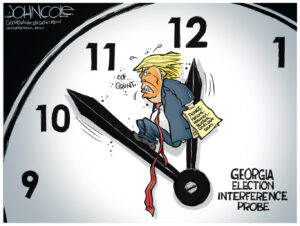
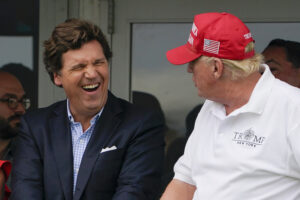
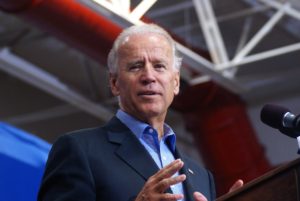
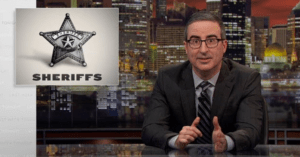
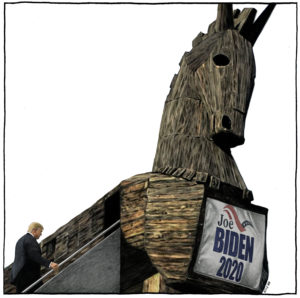
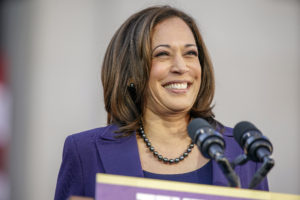
You need to be a supporter to comment.
There are currently no responses to this article.
Be the first to respond.